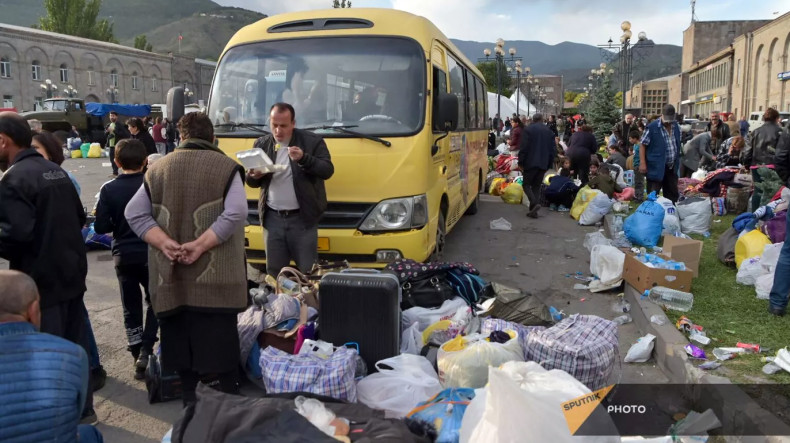
Pashinyan's second-class 'brothers and sisters'
Nikol Pashinyan was quick to figure out how to address forcibly displaced people of Artsakh. He doesn’t call them “Artsakh citizens”, “Armenian citizens” or “compatriots”, but “our brothers and sisters displaced from Nagorno-Karabakh.”
He didn’t use such wording only at the November 23 cabinet meeting. There were other occasions to talk about our compatriots, and Pashinyan again referred to them as “brothers and sisters”.
Incidentally, upon hearing the “familiar words” used by Pashinyan for the first time, members of the sects operating in Armenia took their brochures and rushed to save Pashinyan's brothers and sisters. They realized that there was a fertile ground for spreading their sectarian rhetoric: people had lost their homeland and homes, sons or fathers, could not find proper housing in Armenia, had no time to mourn their losses and were struggling for daily bread... But they faced resistance and backed down. I don't know if it’s the case with all of them.
On November 23, Pashinyan decided to praise “our brothers and sisters”, saying that they were not leaving Armenia and the number of jobs had increased.
He wants to say that everything is just fine. And between the lines he slips in: "if our sisters and brothers objectively cannot or do not wish to return to Nagorno-Karabakh...". What does “objectively” mean? Is there some kind of prohibition? If there is a ban, why would you agree on some sixth copy of a peace treaty with Azerbaijan?
After the words of praise, the short-witted people (be thankful that I call you only short-witted) raised uproar on social media, complaining about the “brothers and sisters”. “They have nothing, but they do not want to live in dirty and damaged houses.” “The government has paid them 100,000 drams apiece, but they say it’s not enough to pay the rent, buy food and other basic goods.”
They are surprised that displaced Artsakh Armenians, who have lost everything, are not satisfied with the “four walls” and demand respect for their rights.
But they don't remember what they lost. They earnestly try not to remember. Why should they remember? For Pashinyan the Karabakh people are just second-class sisters and brothers.
Anahit Voskanyan
Newsfeed
Videos






























